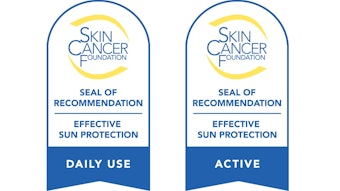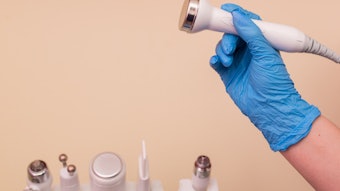
As the law-making season starts, it's key for you to be aware of what’s happening. The rules about what you can do at work can change fast if you're not paying attention. You probably know that many rules keep your clients safe when they visit you. But, do you know where these rules come from? Let's check out how laws are made and what you can do about them.
How Laws Affect Your Work
Laws about our profession begin as ideas. These ideas might come from new trends, big news, groups outside our industry, people who have a say in our work, or just because people need different things. Usually, the people who make laws will talk to our state board before they make a new law. Sometimes, groups that want a new law will pay a lobbyist who's good at dealing with laws to write one up and find a lawmaker to support it. Sadly, they don't always ask us estheticians what we think until it's almost too late. Also, keeping track of laws related to defining cosmetic medical procedures is key, although it can be tough and time consuming. Don’t feel defeated though, understanding the process helps you stay involved. Knowledge is power!
Related: #10Things I Learned About Lawmaking
Here’s how an idea turns into a law and how you can have your say:
1. Drafting the Bill. Here's where the idea gets written down as a law. This is usually done by the bill sponsor with information submitted by a lobbyist or group. Action: There's not much you can do at this point unless your part of the process. Sometimes I give advice about what to include in the laws, but we don't get to see the final idea until it's shared with everyone.
2. Introducing the Law. A lawmaker brings the idea to their fellow legislators in the government. Action: Watch what's going on in your state's government. You can track laws online at your state legislative website. Filing the bill is when people start looking at the law, but public comment is not available just yet. You might be able to chat with the lawmaker who’s backing the law, but think carefully about what you say.
3. Looking at the Law. A legislative committee that knows about health and jobs like ours takes a closer look at the law. They might change it a bit and will listen to what stakeholders like us think. Action: Read the law and send in your thoughts to the committee. Make sure you know when they meet – they sometimes surprise us with quick meetings. If you want to speak up at one of these meetings, follow your state process for submitting comments. Remember to be polite and quick. If you've never done it, ask for help first.
4. Talking About and Voting on the Law. If the group thinks the law is passable, then all the lawmakers talk about it and vote. Action: Now's the time to tell your state legislators what you think. Make sure you are registered to vote and tell your local lawmakers your opinion. People from outside your state can also share their ideas, but the local voices matter more.
5. The Governor Signs or Vetoes the Bill. The final step is the governor's signature or veto of the bill. Action: Usually, by this point, it's hard to change things. But, if every esthetician sticks together, we might be able to stop a law we don’t like. It's rare, but it's possible. This whole process can be slow and might take a couple of tries. After a law is passed, our state board has to open a public rules process – and I spend lots of time here. Getting things wrong can limit what we're allowed to do within our scope of practice. So, it's a big deal to be part of making laws and rules that work for us. By knowing how a bill becomes a law, you're not just watching from the sidelines—you're helping shape the future of esthetics. Stay on top of things, get involved and help lift up the work we love. Next up, we'll talk about the regulatory process and why it's so important to work with your state board.
Susanne Schmaling is a NCEA certified, licensed master esthetician, laser technician and accomplished instructor with more than 21 years’ experience. Her career encompasses all aspects of the spa world including sales, spa ownership and medical spa modalities. She is the founder of the Esthetic’s Council. She is an accomplished book author as well as an advisor on Skin Inc.’s Advisory Board.











